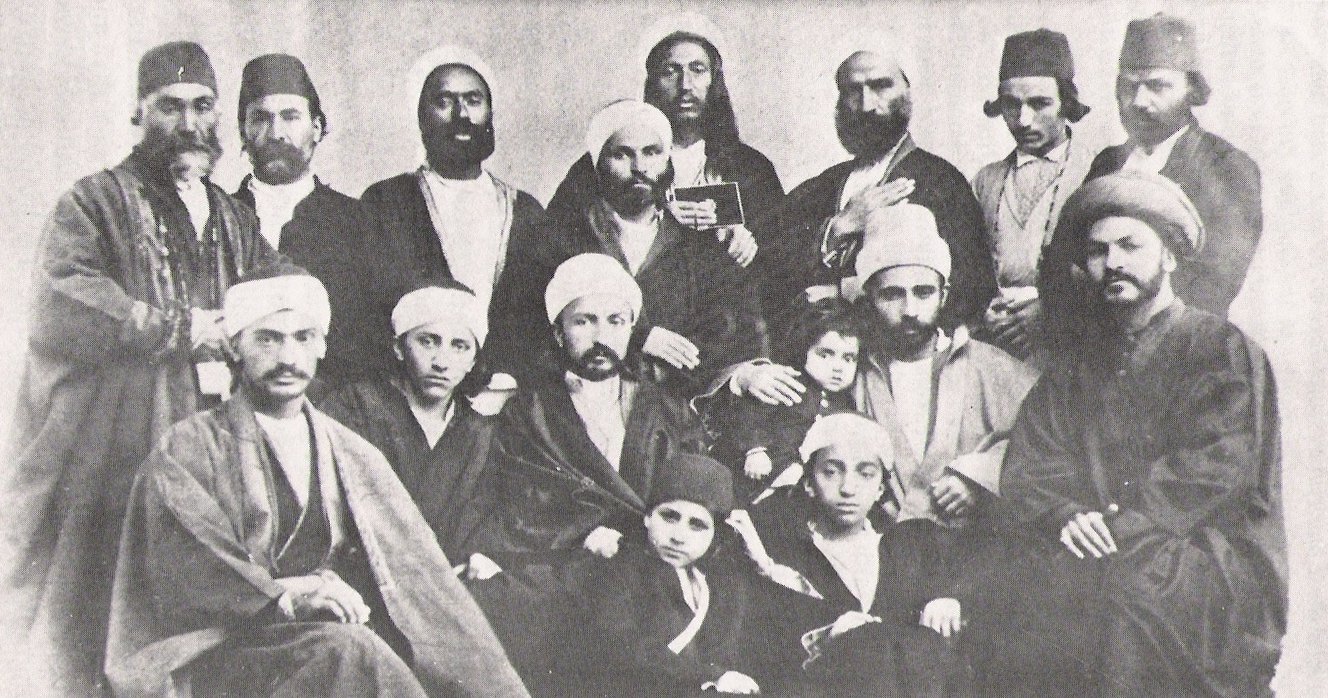 The Charter for Compassion video was very interesting to
watch and really hit a chord within me. I thought such a basic principal of the
golden rule was so simple, yet so brilliant. Everyone has grown up with this
fundamental rule since adolescence, and one would think compassion and respect
for others would be a bit more prevalent in today's society. But there are many
elements that seem to break this up and instill inferiority into cultures and
religions. Since the dawn of religion, most religions have seemed to adopt this
theme of inferiority of other religions, instilling hatred into global
cultures. Unifying religions around the world to care for compassion and treat
others the way they would like to be treated would ideally break a large amount
of the religious barriers including the extremists and fundamentalists. However the feasibility of this is doubtful,
not to say I would not love to see this happen, but the individual ties human
beings have with religion is so strong that many will die for their religion,
and breaking this train of thought would prove to be difficult.
The Charter for Compassion video was very interesting to
watch and really hit a chord within me. I thought such a basic principal of the
golden rule was so simple, yet so brilliant. Everyone has grown up with this
fundamental rule since adolescence, and one would think compassion and respect
for others would be a bit more prevalent in today's society. But there are many
elements that seem to break this up and instill inferiority into cultures and
religions. Since the dawn of religion, most religions have seemed to adopt this
theme of inferiority of other religions, instilling hatred into global
cultures. Unifying religions around the world to care for compassion and treat
others the way they would like to be treated would ideally break a large amount
of the religious barriers including the extremists and fundamentalists. However the feasibility of this is doubtful,
not to say I would not love to see this happen, but the individual ties human
beings have with religion is so strong that many will die for their religion,
and breaking this train of thought would prove to be difficult.  This religious/political onslaught that went on during the
Ottoman Empire that Baja’u’llah had witnessed seems to have been avoidable if
the golden rule was applied to the Iranians. However as one side fails to use
compassion, I feel the other side then begins to cave in on compassion and
loses hope for others. As “political” prisoners were sent to confinement jails,
prisoners were suffering from the lack of water, prisoners were beginning to
fall ill and some died (p. 92). I feel in conditions such as these, it seems
impossible to still have any sort of compassion when the government has
absolutely none. And at times I find it difficult to believe Baja’u’llah had
risen above everything and still promoted compassion. Naturally this text does
have a slight bias to it, considering one who practices Baha’i is the author.
This religious/political onslaught that went on during the
Ottoman Empire that Baja’u’llah had witnessed seems to have been avoidable if
the golden rule was applied to the Iranians. However as one side fails to use
compassion, I feel the other side then begins to cave in on compassion and
loses hope for others. As “political” prisoners were sent to confinement jails,
prisoners were suffering from the lack of water, prisoners were beginning to
fall ill and some died (p. 92). I feel in conditions such as these, it seems
impossible to still have any sort of compassion when the government has
absolutely none. And at times I find it difficult to believe Baja’u’llah had
risen above everything and still promoted compassion. Naturally this text does
have a slight bias to it, considering one who practices Baha’i is the author.So In the given light Moojan Momen paints Baja’u’llah as being a fearless leader and one who embodies compassion for all. I do feel Baja’u’llah would relate to Karen Armstrong’s message on compassion and believe this idea would be instrumental in dealing with many of the religious injustices that go on. In many ways Baja’u’llah shows examples of compassion throughout his biography. This is mainly shown through his strong love for his family, the sacrifice of himself for others, and his will to spread his message. On many levels, this idea of universal compassion could be what breaks many religious barriers apart. In many ways the Baha'i faith embodies this universal theme of compassion through their view for equality between genders and their encompassing views towards all religions.
No comments:
Post a Comment